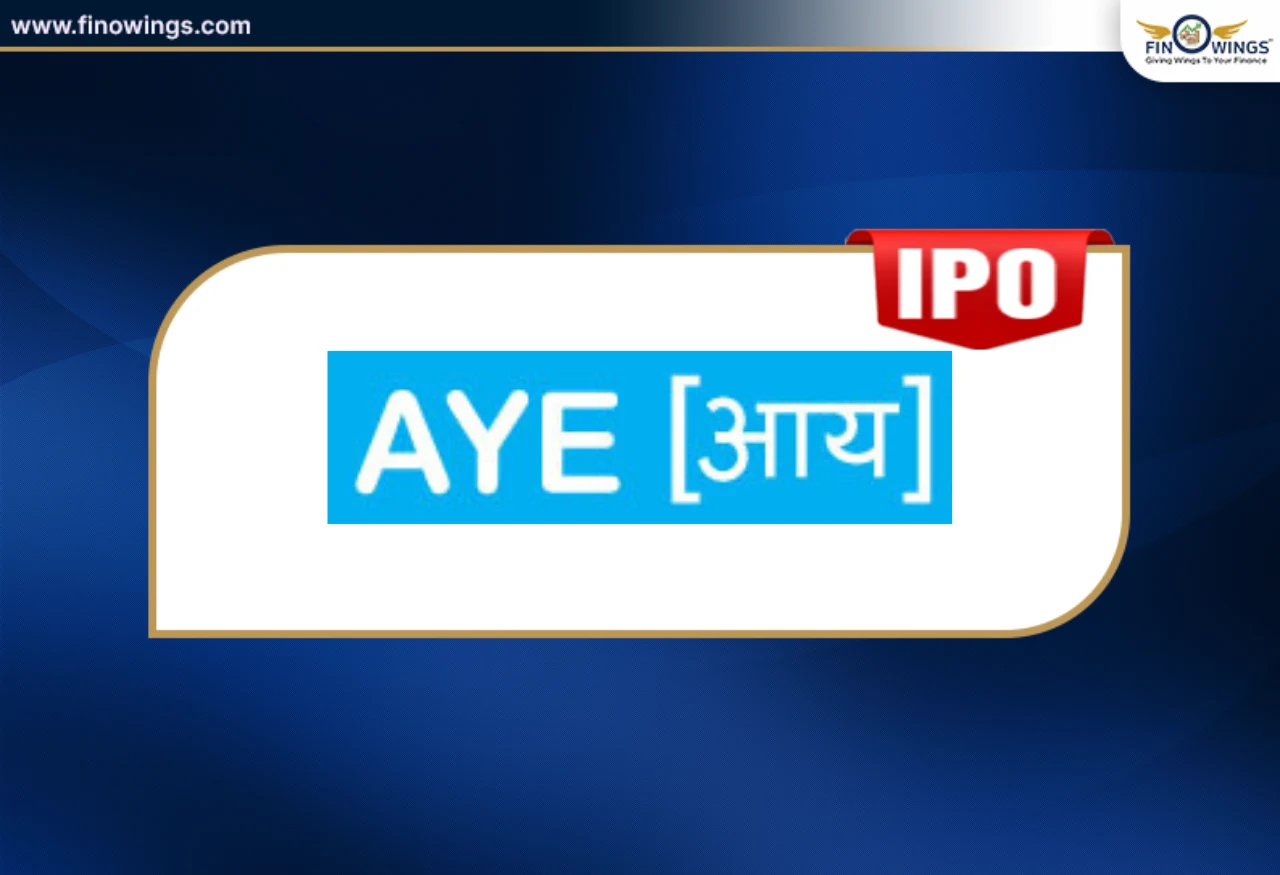Home >> Blog >> What are Block and Bulk Deals?
What are Block and Bulk Deals?

Table of Contents
1. What are Block and Bulk Deals?
What is the difference between block and bulk deals? Block and Bulk Deals are two separate types of deals that are executed on the stock exchange. National Stock Exchange of India Ltd. (NSE) and the Bombay Stock Exchange (BSE) both exercise these deals. Block and bulk deals are excellent for companies and individuals, who trade actively in the exchange. Both exchange deals permit one to purchase and sell in large numbers.
Although Block and Bulk deals sound alike, there is a distinction between them. Let's understand their meaning and how to analyze them.
2. Block Deals
-
A block deal allows a minimum of Rs 5 lakh of shares value or a minimum amount of Rs 5 crores in a single trade between two parties.
-
In block deals, the stock exchange can be performed only in the first 35 minutes of trading hours.
-
The block deals take place through a separate trading window to not disrupt a market. These windows are often referred to as "Block Deal windows".
-
Moreover, a block deal allows only two parties to trade who have already negotiated their price. Once the block deal is listed, it has to be signed within 90 seconds, otherwise, the deal gets void.
-
The block deal price cannot get over +1% or less than -1% of the current price or the closing price of the share on the previous day.
-
The block deals are reported to stock exchanges and are publicised on the bourse's website with information such as the title of the company, the buyer's name, the number of shares and the average cost at which the deal has been placed.
3. Bulk Deals
Bulk Deals, on the other hand, are quite like block deal as it allows the trading of a large number of stocks. But they follow a bit different rule in exchange.
-
A bulk deal allows buying and selling of more than 0.5% of the equity shares of a company on the same day.
-
The bulk deal need not be signed in a single day and can be executed in smaller stakes. Nonetheless, the total number of shares should exceed 0.5% of the securities, then it will be viewed as a bulk deal.
-
The deal price need not be predetermined in a bulk deal. It depends on the market value so an individual can sell at any price they consider fit.
-
There is no separate window for bulk deals. They take place on the regular trading window.
-
The bulk deal should also be disclosed to the exchange directly after the order. Alternatively, if the bulk deal happens via multiple trades, they should be informed to the exchange within an hour of the closure of the trading.
|
|
Block Deals |
Bulk Deals |
|
Type |
Where securities are purchased or sold on the stock market. |
Where securities are purchased or sold on the stock market. |
|
Shares |
Minimum quantity of 5 Lakh shares or a minimum value of Rs 5 crore |
Should exceed 0.5% of the number of equity shares of a company listed on the stock exchange. |
|
Parties |
Fixed Between two individual parties |
Market-driven. Anybody can trade on the market. No need for a previous agreement. |
|
Procedure |
Shares are bought and sold on an agreed price |
Shares are bought and sold on listed price |
|
Markets |
BSE and NSE |
BSE and NSE |
|
Duration |
Only during the first 35 minutes of the trading period, i.e. from 9:15 am to 9:50 am. |
Throughout the trading period, i.e. no specific time. |
|
Price |
Price range should not exceed +1% to -1% of the last traded price or the previous day’s closing price |
No fixed or specific price range |
Source: Economic Times
Both Block and Bulk Deals may have an effect on the market, primarily on the prices of the stakes that are purchased and sold. Nonetheless, most of the time, there are no substantial effects, as they are mainly auto-dealing. Still, if these NSE block and bulk deals take place regularly for a specific stock, it may signify that the prices may grow.
4. Regulatory Requirements:
The following information to the exchanges needs to be shared by the broker:
-
Details of the Security
-
Client’s name
-
Volume/Quantity of shares bought/sold
-
Trading price
It is necessary for both bulk and block deals to result in delivery and cannot be revert back.
STT (Securities Transaction Taxes) is claimed on similar lines as being claimed on delivery-based transactions.
5. Impact of Bulk and Block Deals:
This dealing led to a growing engagement of interest in such stock, resulting in price appreciation in the future. The reversal carries true in the case of steady selling.
Examining these dealings over time provides the investor with a clear vision of how stock prices get affected when such deals happen. The investors also get a vision of the quality of the institutional investors who have partaken in the deals.
In Bulk Deals, investors should examine separately the intraday transaction data and short-term exchange data as they mostly do not have any investment importance. They should concentrate on bulk transfers among organisations and promoters who provide a long-term view of the stock.
6. What are the effects of bulk/block deals on the price of the share?
There are many individuals who attempt to clone the portfolio of thriving investors by observing their block/bulk deals.
Though a single block/bulk deal may or may not bring a vast change in the share price of that company. Yet, several constant bulk/block deals in the company are accepted positively by the crowd and share prices of that company generally increase.
7. Who participates in such deals?
The bulk/block deals are believed to be the ‘RICH PEOPLE’ forte.
It is generally deep-pocketed investors like mutual funds, foreign institutional investors, banks, insurance firms and HNIs given the high payment needed to enter such dealings and the percentage of stakes concerned.
8. Conclusion
Many investors follow the thriving traders and their block/bulk deals but do not want to invest in a massive volume.
Since only a few investors can afford such deals, the number of customers for block/bulk deals is much less.
Author
Frequently Asked Questions
The most recent Bulk deal occured for AMD Industries Ltd. on Aug. 18, 2022 on NSE. 121,795 shares were exchanged at an average price of Rs 91.96 .
A Block deal is a dealing of a minimum quantity of 500,000 shares or a minimum value of Rs 5 crore between two parties. A bulk deal is an exchange where the total quantity of shares traded is more than 0.5% of the number of shares of a noted company.
A block deal will occur only when the two parties participating will agree to trade shares at an agreed-upon price. If you want to finalize the block deal then the quantity and the rate of the shares must be exactly the same as that of the opposite block order deal.
Browse the official website of stock exchanges NSE (National stock exchange) & BSE (Bombay stock exchange). For NSE (national stock exchange) block and Bulk deals data visit nseindia.com

















